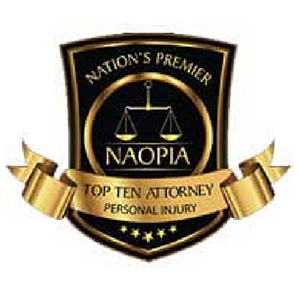March
2018
Key things to know about the Pennsylvania breathalyzer test
If you’re driving a motor vehicle in Pennsylvania, you’re considered to be giving implied consent to a breathalyzer—or blood or urine—test, should a police officer have reason to believe you’re driving under the influence of alcohol of drugs (DUI). In this post, we examine important laws surrounding the breathalyzer process as well as the consequences of refusing this test.
The testing process
If a police officer arrests you for a suspected DUI, the law requires that the officer—or a certified breath test operator—observe you for at least 20 consecutive minutes before administering a breathalyzer test. They must administer two tests, and only the lesser of the two results can be used for prosecution.
Can I refuse the test?
You may refuse a breathalyzer test from a police officer. However, you’ll face an automatic driver’s license suspension and have to pay a fee to get your license restored. The penalties for refusal are:
- First offense: 12-month license suspension plus $500 restoration fee
- Second offense: 18-month license suspension plus $1,000 restoration fee
- Third offense: 18-month license suspension plus $2,000 restoration fee
Is it worthwhile to refuse?
If you compare these consequences to the penalties for a DUI conviction—e.g., a $300 fine, six-month probation, plus the possibility of driver safety classes, alcohol treatment programs, and community service for a first-time offense—then it may seem more desirable to refuse the breathalyzer test and take the penalty.
However, it’s worth noting that refusing the test doesn’t automatically spare you from conviction. The prosecution could even use your refusal against you in court—claiming that you refused the test because you knew your blood contained an illegal amount of alcohol or other chemicals.
No matter the circumstances of your case, if you’ve been charged with a DUI, it’s always a good idea to have an experienced criminal defense attorney advocating on your behalf.






